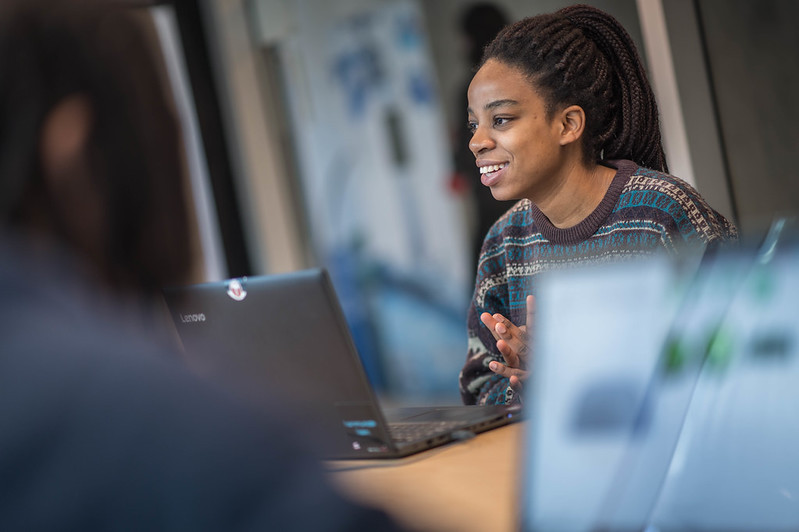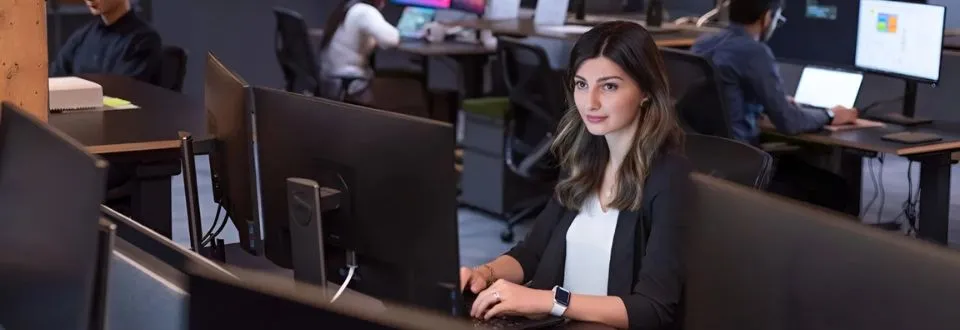
Bachelor of Applied Science in Mining Engineering
A cross-disciplinary approach to mining that covers a diverse range of subjects.
Our graduates are technology smart, innovative and responsible leaders
Mining engineers address a wide range of challenges, from building mines in remote areas or at large depths to finding ways to reduce the environmental and social impact of mining operations. At UBC, you’ll be equipped to meet these challenges and be prepared to participate in the many significant opportunities available in the global mining industry.
The Norman B. Keevil Institute of Mining Engineering is one of the most active engineering schools in the world, with the Mining Engineering program consistently ranked among the top in Canada. We offer a broad professional degree program that integrates courses on engineering principles, earth sciences, and mining and mineral processing with content covering health, safety, management, economics, and environmental and social issues. The integration is done by means of case studies, field trips, guest speakers and design projects.
We are committed to creating an environment that generates highly qualified people who have practical training and experience using new technology and innovative mining practices.

Courses
Discover mining engineering course registration information, course roadmaps, and standard time tables.
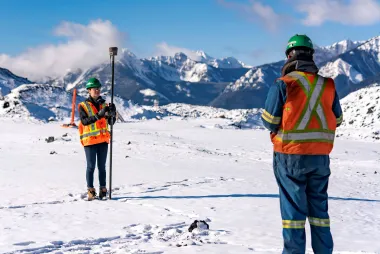
Student Experience
Explore our clubs, teams and field trips, designed to be a highlight of your education and experience.
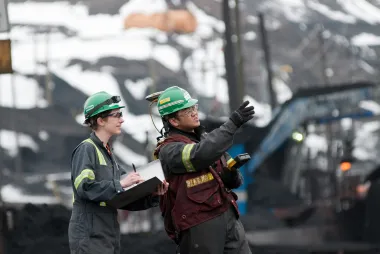
Professional Development
Find opportunities like co-op, exchange and mentoring that recognize your potential and help prepare you for a successful career.
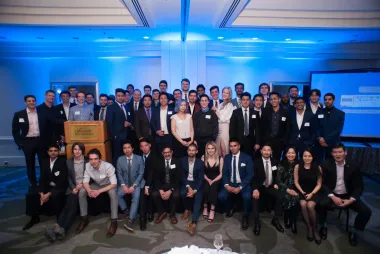
Financial Aid and Scholarships
Learn about financial aid and scholarships that recognize your achievements and help ensure your financial needs are met.
